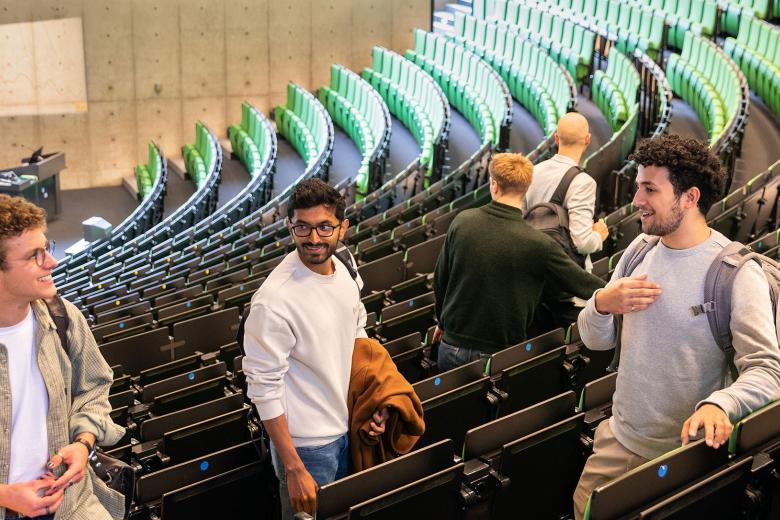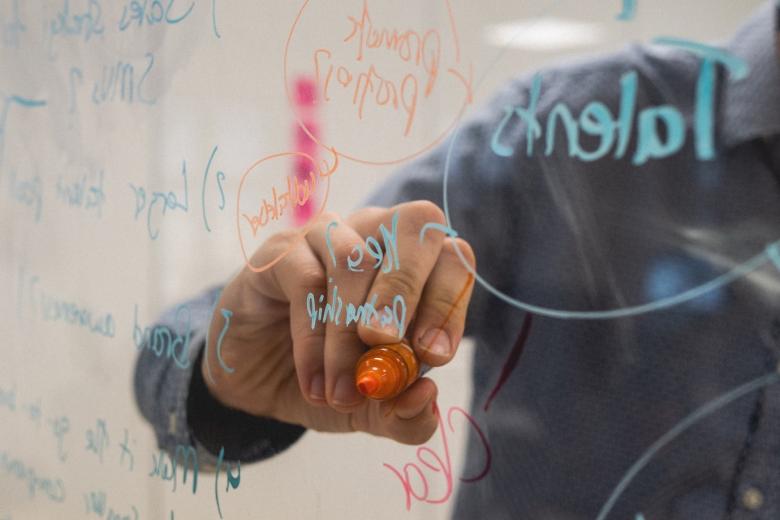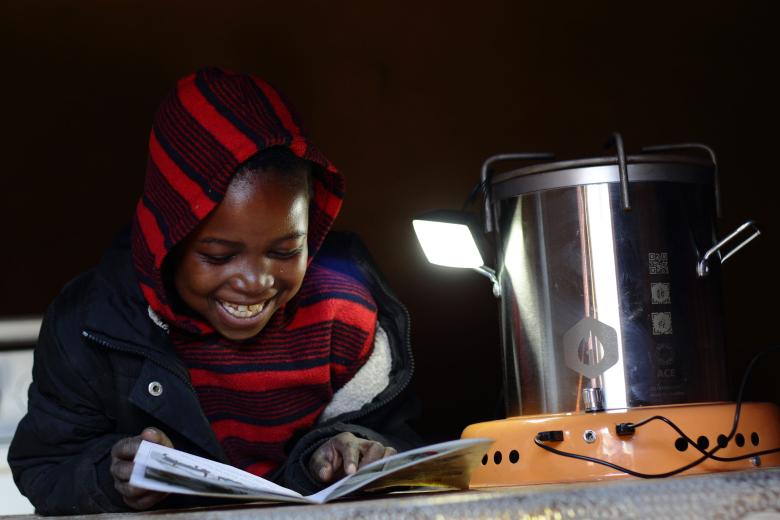
News
-

-
Artificial intelligence beats radiologists in delineating lung tumours
Artificial intelligence is able to detect and segment lung tumours more effectively than a radiologist can. Scientists from Maastricht University (UM) have developed an AI method that not only works faster than individual radiologists, but also produces more accurate and reproducible results...

-

-
Responding to Change and Challenges - How Organisations Learn
Challenges like post-Covid supply chain disruptions, staff shortages, unpredictable political tensions, an energy crisis, and not to forget an impending climate crisis, force organisations to change and adapt continuously. Becoming resilient, sustainable, and innovative requires that organizations...

-
Game clones and copyright infringement: a comparative study of judicial practices in the US, Japan and China
PhD thesis written by Xiao Wang.
The thesis explored whether a video game will constitute copyright infringement if something in that game (such as display on the screen, software, game mechanics, and so on) is similar to an earlier game.
-

-
New ‘supergroup’: DKE and IDS jointly become Department of Advanced Computing Sciences
The new department broadly covers research and education in artificial intelligence, computer science, data science, mathematics and robotics. Over 100 staff members find their home in the new group, which is embedded in the Faculty of Science and Engineering.

-
Master thesis prizes for FASoS students
Master students Sara Fornasiero ( European Public Affairs) and Danai Petropoulo Ionescu (Research master European Studies) have won the 2021 UM thesis prizes.

-
Bachelor thesis prizes for FASoS students
Bachelor students Nino Luijten (Arts and Culture) and Matthias Reiners (European Studies) have won the 2021 UM thesis prizes.

-
Energy transition for all? A third of the world's population still cooks on open fires
In a new study, PhD student Esther Boudewijns developed two practical tools to improve the implementation of cleaner cooking in low-wage countries. The results of the research will be published on June 16 in The Lancet Planetary Health.
